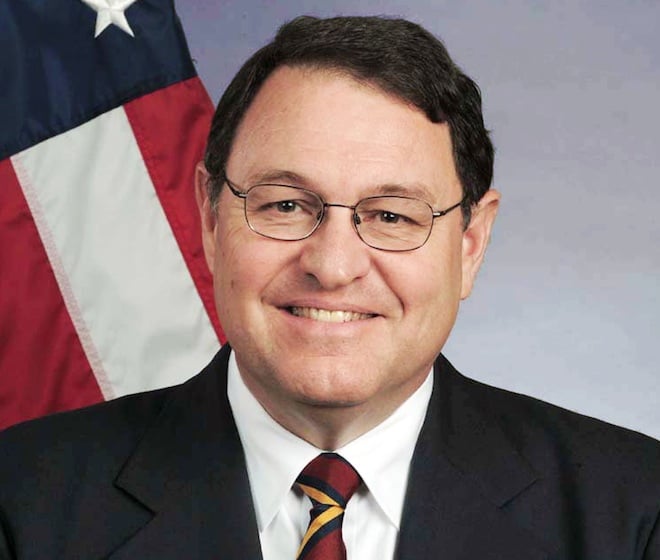
Never before in the history of man have companies paid so much for what amounts to absolutely nothing but thin air. Spectrum, the invisible gold of our time, is a precious and limited asset needed by mobile operators to beam their signals into your home, onto the streets, and alongside the roads you drive on, giving you access to friends, family, and the internet. As recently as March 2008 the FCC auctioned off the 700 MHz band and received over $4.7 billion from Verizon for a mere 22 MHz of spectrum. Now NTIA, the National Telecommunications and Information Administration, is announcing that they’re going to free up 115 MHz of spectrum within 5 years and hope to reach the goal president Obama announced early in his presidency of freeing up 500 MHz of spectrum in 10 years.
There is 2,200 MHz of spectrum that can potentially be reallocated within 10 years, 28% is allocated exclusively for Federal use, 35% is allocated exclusively for commercial use, and 37% is shared by Federal and commercial users. The bands that we’re looking at becoming over the next 5 years are: (1) 1675-1710 (2) 1755-1780 (3) 3500-3650 (4) 4200-4220 and 4380-4400. The 1695-1710 MHz band, which is used to deliver severe weather alerts via satellites owned and operated by the National Oceanic and Atmospheric Administration, is obviously the most attractive since it can easily penetrate through walls and travel longer distances.
The capacity crunch is real, and it’s good that something is finally being done about it. Large chunks of spectrum are needed to take full advantage of what LTE, and in the future LTE-Advanced, is capable of delivering. You don’t want to be like MetroPCS, who delivers LTE over such a thin slice of spectrum that you can’t even tell the technology is being used. You want to be live Verizon, who is going to blanket America with 5 to 12 Mbps access and then slowly ramp up those speeds as they upgrade all their towers.
[Via: Cellular News]
[Photo of Lawrence E. Strickling, Administrator, National Telecommunications and Information Administration (NTIA)]
